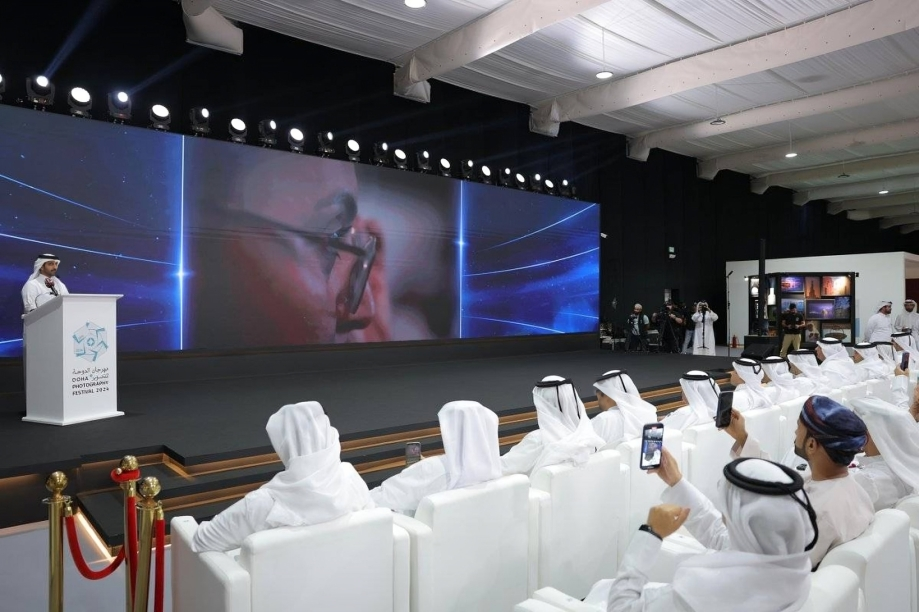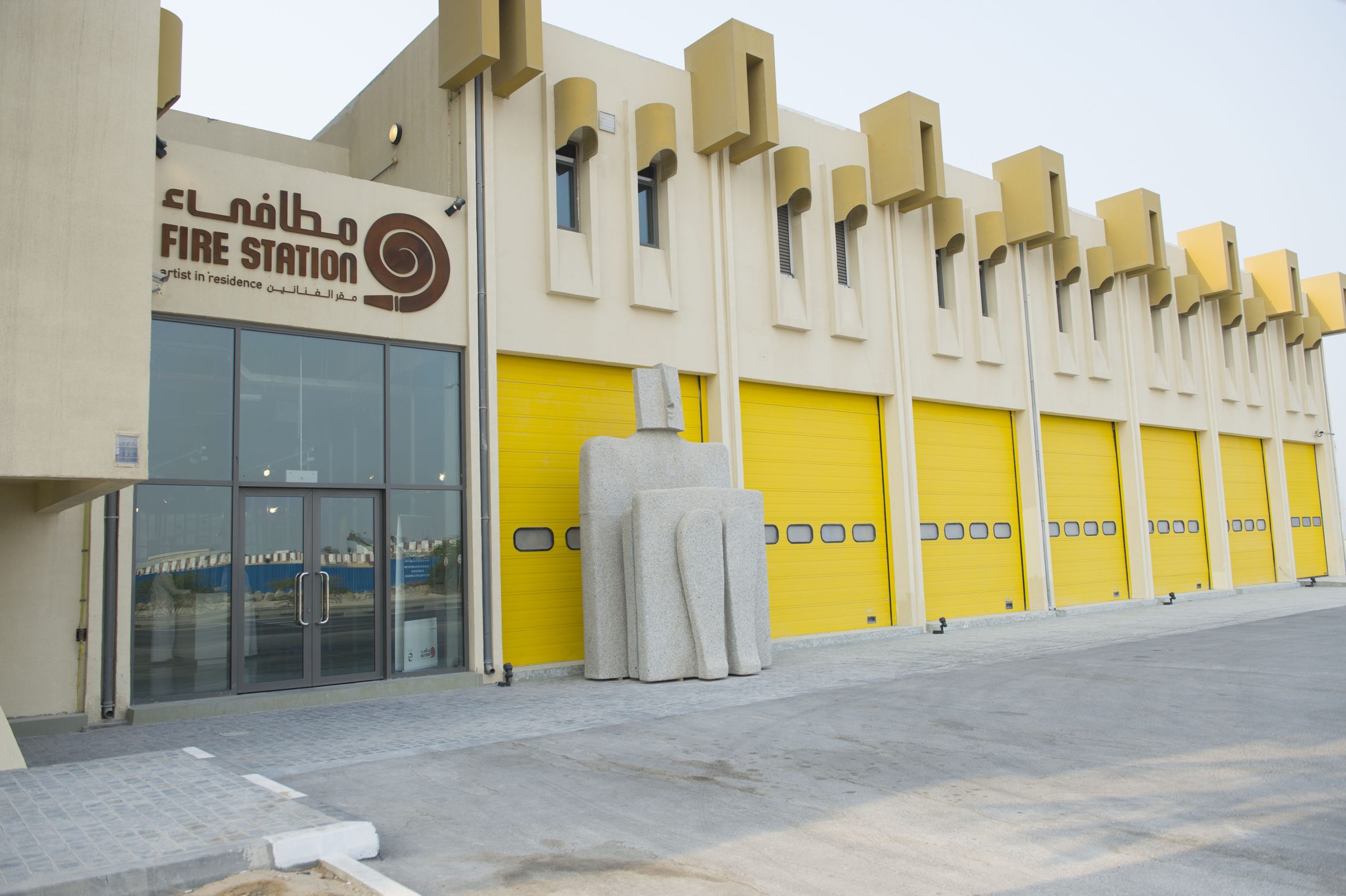
As Qatar and its Gulf neighbors develop at a dizzying pace, Qatari-American author Sophia Al Maria has been cautioning against getting too caught up with “modernity.”

Speaking to design and technology blog Pasta and Vinegar recently, Al Maria explained in detail the concept of “Gulf Futurism,” a term she coined to explain “the quiet tragedy” that is taking place as GCC states embrace mass development at the cost of their identities.
She described the shift as one in which people here are moving away from reality and something that is climate-controlled. One factor that has helped with this is technology, said Al Maria, whose mother is American and whose father has Bedouin roots:
“When I was 16 for a girl to have a mobile was shameful. Now my 12-year-old sister has an iPad but barely enough to eat every day from the rations divvied out between 14 people in a on-salary household. The focus is totally upended. Survival = being on the next level. Not sustaining your body.”
Another symbol of the changing times, according to Al Maria, is the “mallmentia effect.” She continues:
“I can’t tell if I’m in Hong Kong or LA or Dubai half the time I walk into a mall and that happens more and more these days because the mall is the dominant structure of a certain class group of which I am part. I literally find myself in malls whether on holiday or on my way home from work or on a weekend even and I am frequently confused as to how I even got there. It’s a place of weird pilgrimage in an era where to consume is to absolve yourself.”
Al Maria argues that the consequences of such progress are a world that is almost Ender’s Game-esque like The Giver, in which “you don’t have to experience suffering. It will be regulated, medicated, etc. You don’t have to see the grist of the mill, they will be hidden as is the case with labor in the region.”

In previous media interviews, Al Maria suggested that one way to avoid falling into the trap of Gulf Futurism is to step away from what’s artificial. Speaking to Vice in May, she criticized corporate videos in the region that promise investors to take people on a journey from past to future. She added:
“There’s no room for reality and the basic needs of people. For example, young love in the Gulf is so mediated by technology; everything is covert and conducted via phone. And then there’s the artificiality of the landscape—every tree is planted, nothing happens by chance. But when you go out to the desert, it rains, and overnight it’s completely green with little yellow and purple flowers. This sense of dystopia rising comes from being disconnected to the land.”
Thoughts?







